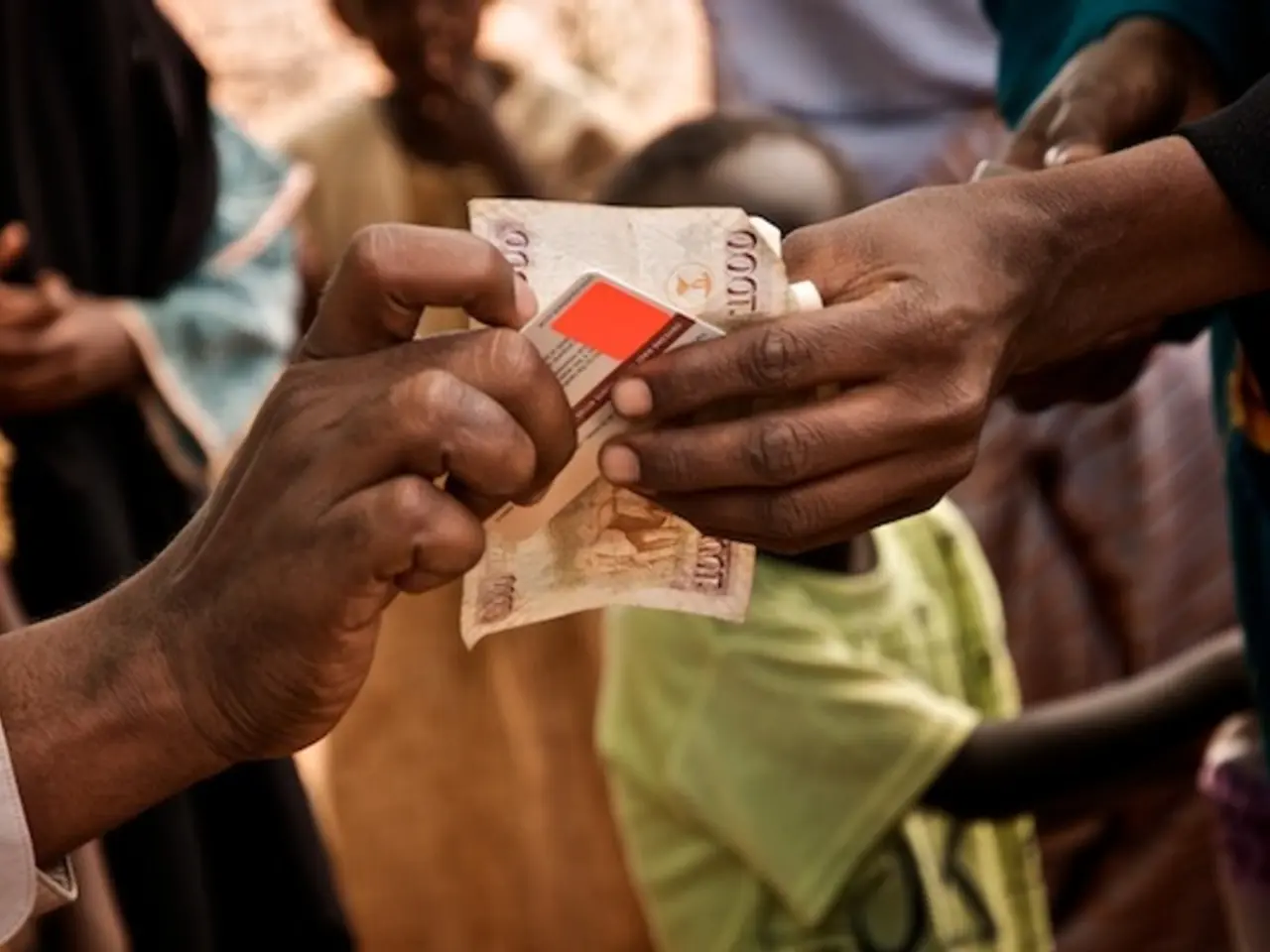Card Blocked by Bank: Reason Behind It and Solutions for Users
In Kazakhstan, a significant number of bank accounts and cards are being blocked due to suspicious transactions linked to drug-related crimes, financial fraud, and the exploitation of leaked personal data. This move is part of a broader crackdown on crime, with authorities uncovering thousands of drug offenses and dismantling organized crime groups in the first half of 2025.
The primary reasons for account blocking include transactions involving large cash withdrawals, numerous small transfers without a clear economic purpose, and connections to illegal drug circulation. Authorities have blocked 24,000 cards involving $4.4 million in suspicious activity.
Another key factor is the use of bank cards by "money mules," individuals whose accounts are used by fraudsters to launder stolen money. The Prosecutor General’s Office of Kazakhstan has identified over 50,000 individuals involved in online fraud and drug trafficking, including 6,000 confirmed money mules.
The exploitation of a major personal data leak involving over 16 million Kazakh citizens has also contributed to the increase in suspicious activities and account blocking. This breach exposed sensitive information, which fraudsters could exploit to commit financial crimes.
To address these issues, the government is strengthening financial regulations and monitoring for suspicious transactions, enhancing cooperation between banks and government agencies to detect illegal activities early. The handing over of bank cards to third parties ("money mules") is set to become a criminal offence, with tighter enforcement and prosecution aiming to reduce fraud facilitators.
Additionally, more secure financial licensing and compliance controls are being implemented for institutions operating in Kazakhstan, as part of broader efforts to improve financial market integrity. From 2026, Kazakhstan will further tighten controls on financial transfers and may extend the duration for blocking suspicious transactions beyond the previous maximum of three days, to better investigate and prevent fraud.
In summary, account and card blocking in Kazakhstan is driven by a state-led crackdown against drug-related crimes, financial fraud, and exploitation of leaked personal data. Continued regulatory tightening, enhanced monitoring, criminal penalties for fraud facilitators, and improved data security are the main strategies to address these issues.
It is important to note that tax authorities cannot arrest bank accounts for debts of less than 6 MRE (22,152 tenge in 2024). Nearly every fourth account in Kazakhstan was blocked in 2023. Banks in Kazakhstan can block cards based on client requests, decisions from state bodies, or their own initiative due to various reasons such as violations of card issuance agreement, fraudulent activities, money laundering, financing of terrorist activities, outstanding debt, or changes in national legislation.
If a card is blocked, access to the account via the card will be lost, but the account remains open for the client. Cardholders can make requests for account unblocking to the bank, and the block will be lifted within several working days. If a client's payment card is blocked by the bank, they should contact the bank's support service to find out the reason for the block.
By the end of 2023, the number of bank cards in circulation in Kazakhstan reached 75.8 million, an increase of 16% from the previous year. If a salary card is blocked, all spending operations are prohibited. To access funds on a blocked salary card, one can visit the bank branch or deposit money there to pay off the debt. The amount that can be deducted from a monthly salary due to a blocked salary card cannot exceed 50%.
If a card is blocked unfairly, protection of rights can be sought from the financial institution that issued the card and the Department for the Protection of Rights of Financial Services Consumers of the National Bank of Kazakhstan. More than a million Kazakhstanis had multiple accounts blocked simultaneously in 2023.
Sources:
- Kazakhstan's crackdown on crime leads to increased account and card blocking
- Handing over bank cards to third parties to become a criminal offence in Kazakhstan
- Major personal data leak exposes sensitive information of over 16 million Kazakh citizens
- Strengthening financial regulations and monitoring to combat financial crimes in Kazakhstan
- Kazakhstan to tighten controls on financial transfers and extend duration for blocking suspicious transactions
- The government's efforts to combat financial fraud and illegal activities in Kazakhstan have led to a significant increase in the blocking of personal and business bank accounts, particularly due to large cash withdrawals, recurring small transfers without a clear purpose, and connections to drug trafficking or suspicious transactions.
- To address the issue of money mules facilitating financial crimes, Kazakhstan is planning to make the handing over of bank cards to third parties a criminal offense, with stricter enforcement and prosecution aimed at reducing fraud facilitators.




